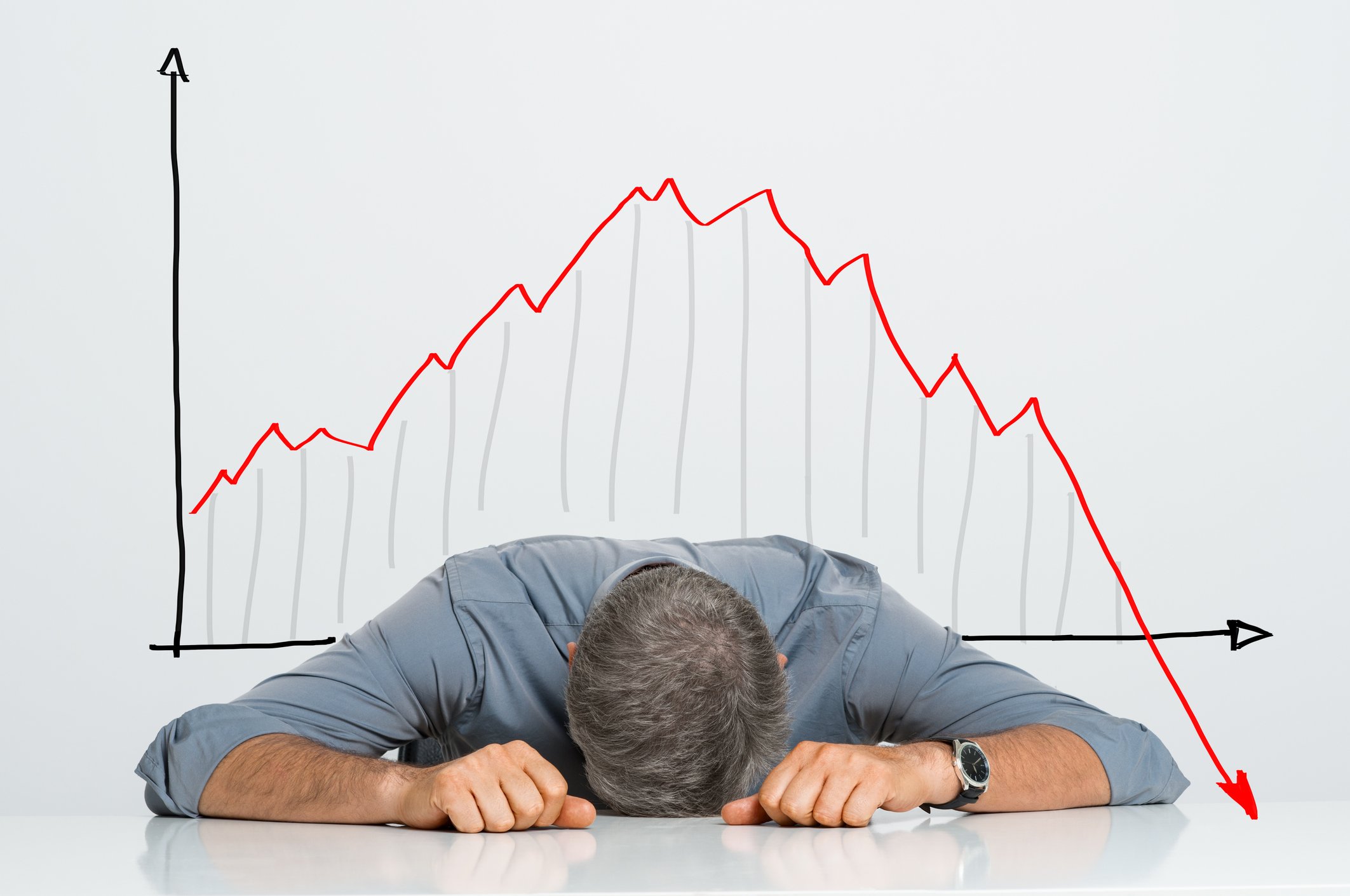What happened
Shares of Hi-Crush Partners (HCLP +0.00%) fell over 22% last month, according to data from S&P Global Market Intelligence. Investors went on a pretty wild ride to get there, though.
The stock went from tumbling 16% for the month as of Nov. 13 to a monthly gain of 4% as of Nov. 15, before resuming its slide to close the month at a 22% loss. What the heck happened? Well, Hi-Crush announced third-quarter 2018 earnings at the end of October, rose on upbeat earnings from peer Covia Holdings, and then continued to trek lower as investors worried over falling crude oil prices.
On top of all that, investors are still awaiting the company's conversion to a C-corp, which has played a major role in the stock's 53% year-to-date loss.

Image source: Getty Images.
So what
Hi-Crush turned in a respectable performance in the third quarter of 2018. Results were slightly behind a stellar performance in the second quarter, but that was expected and was hardly a showstopper.
That hasn't stopped investors from worrying over infrastructure bottlenecks in oil and gas markets caused by a lack of pipeline takeaway capacity. It can't be overlooked for frack sand producers such as Hi-Crush. After all, the United States reported an all-time high 8,545 drilled but uncompleted wells in October. Steady consumption of frack sand and production of fossil fuels only begins once wells are completed.
Now what
While the record number of drilled but uncompleted wells hints that the company and its peers are sitting on a lot of untapped growth potential in the market, the slow pace of pipeline additions in 2019 means it'll probably only be realized in piecemeal fashion. That's not exactly a bad thing, but the uncertainty over timing has added to the volatility of shares this year. If the business remains strong, infrastructure is added to key shale basins soon, and the conversion to a C-corp goes off without a hitch, then investors shouldn't have too much to worry about. But that's a lot of "ifs" at the moment.






